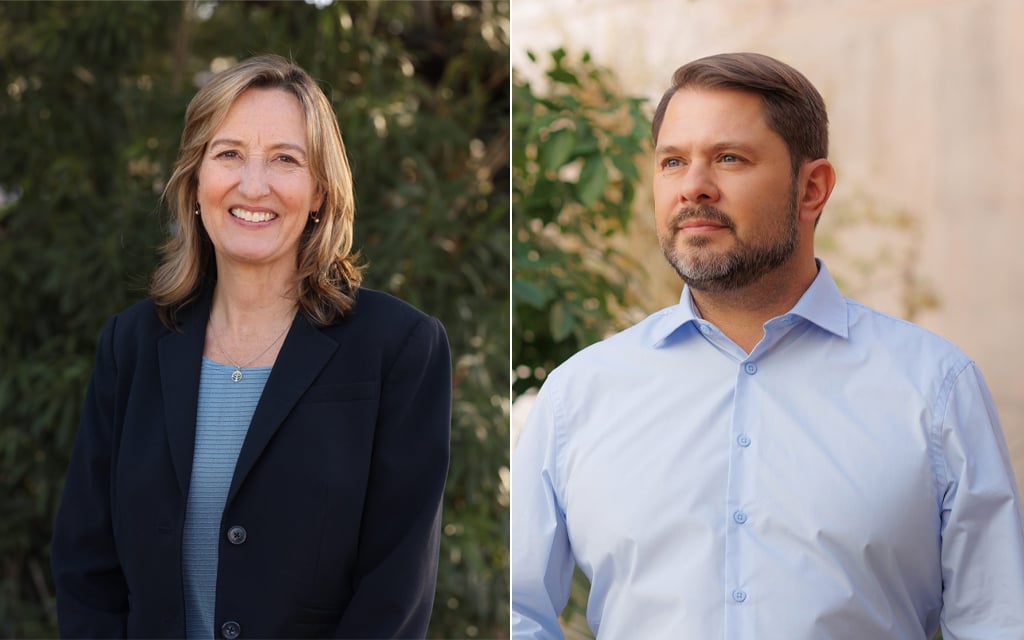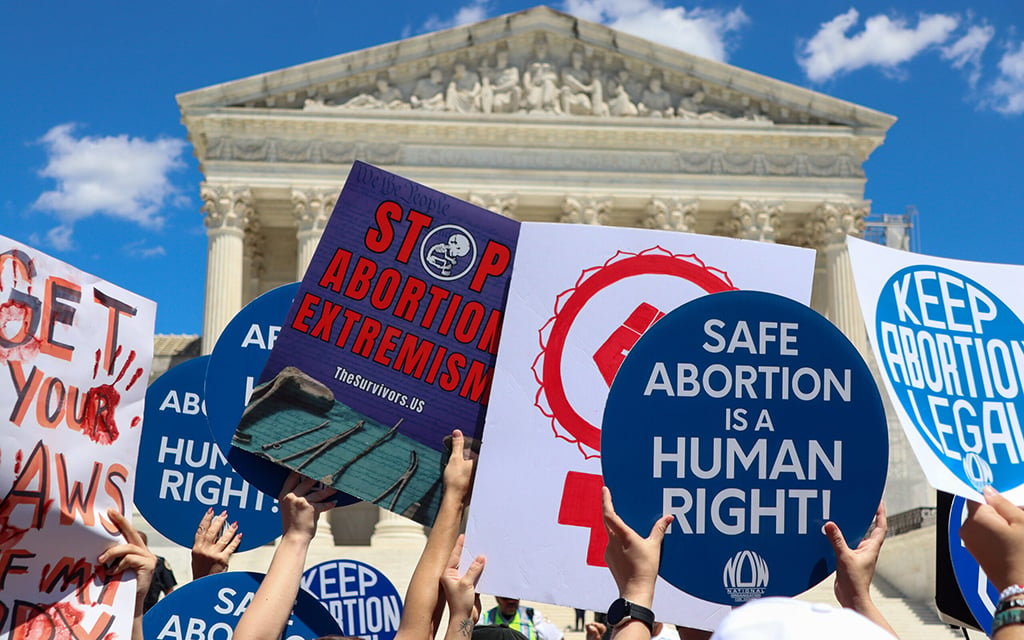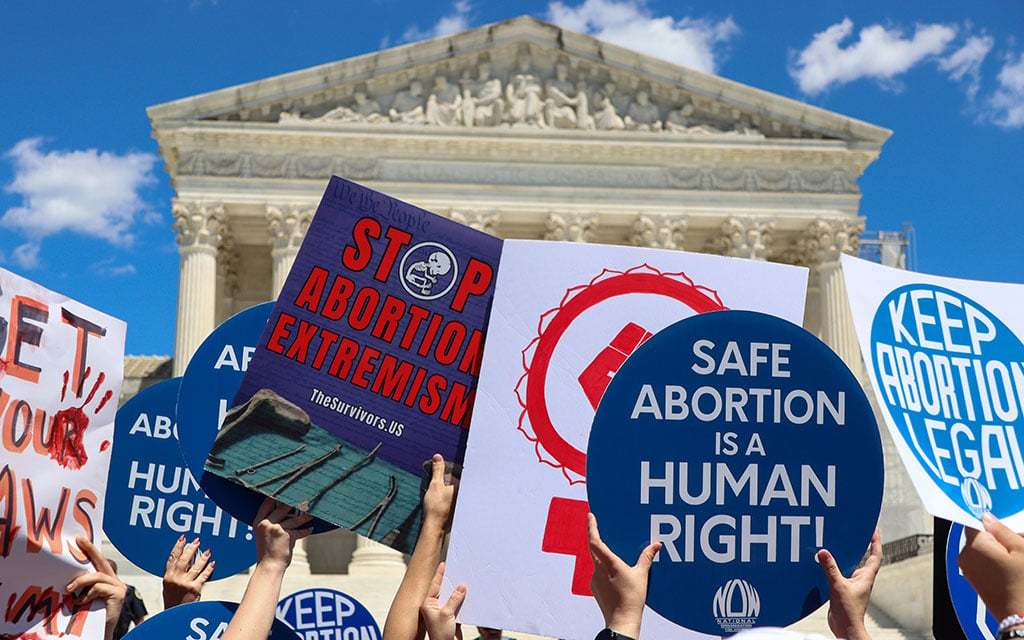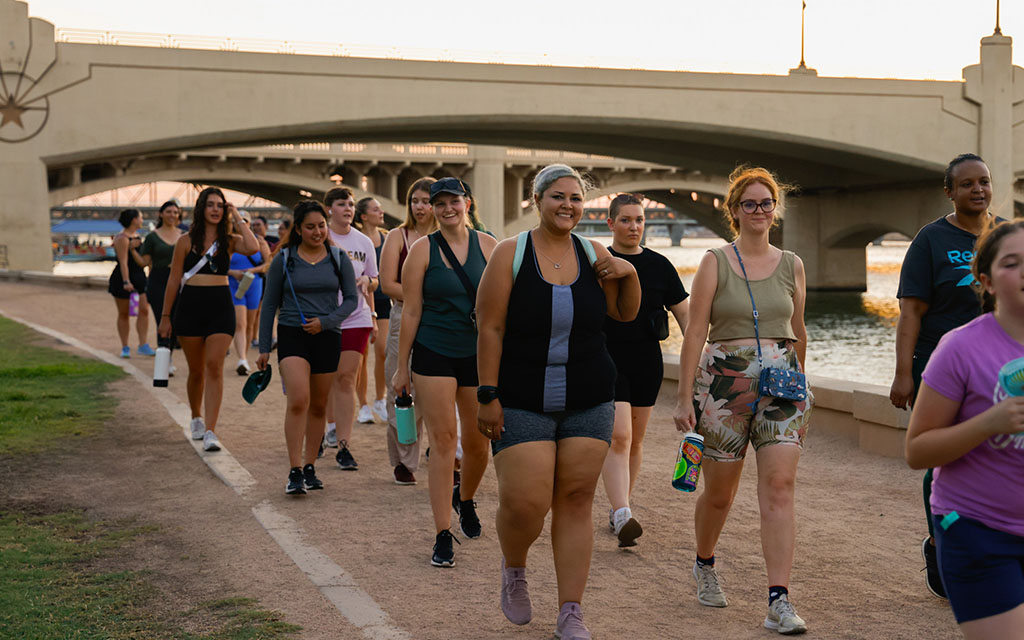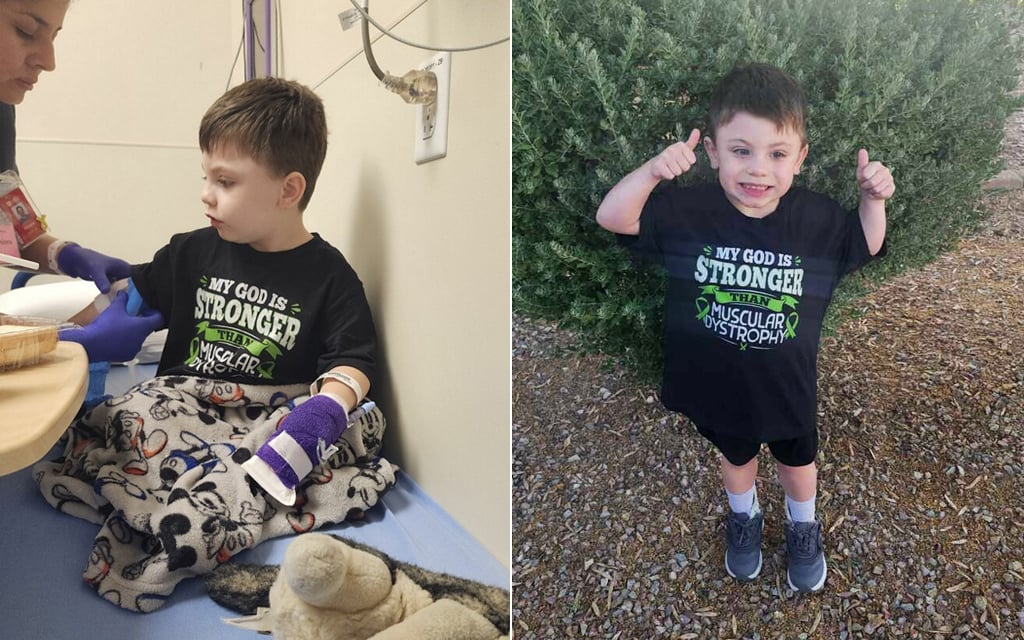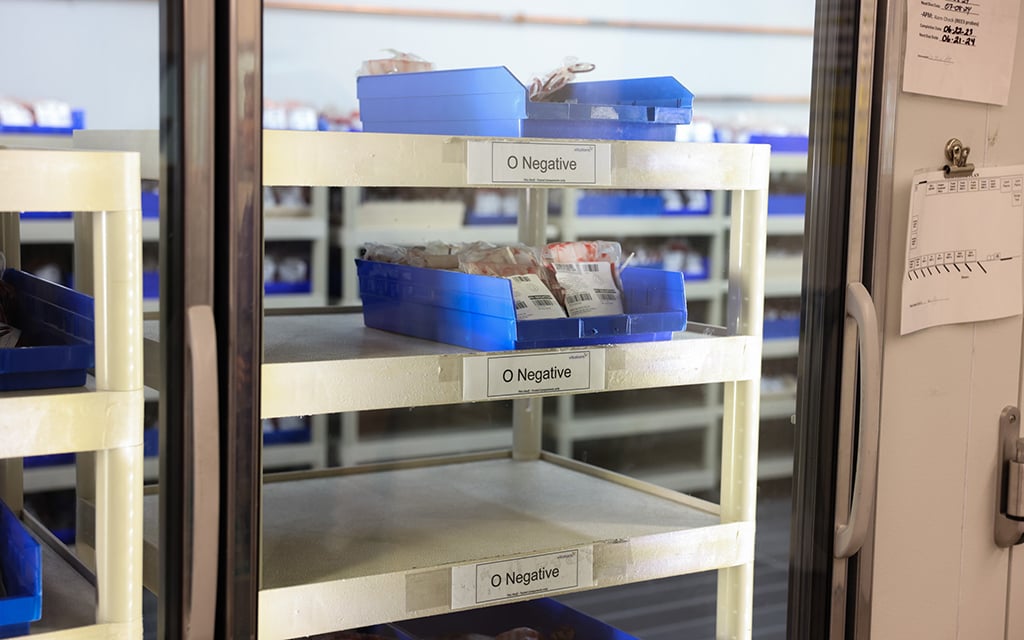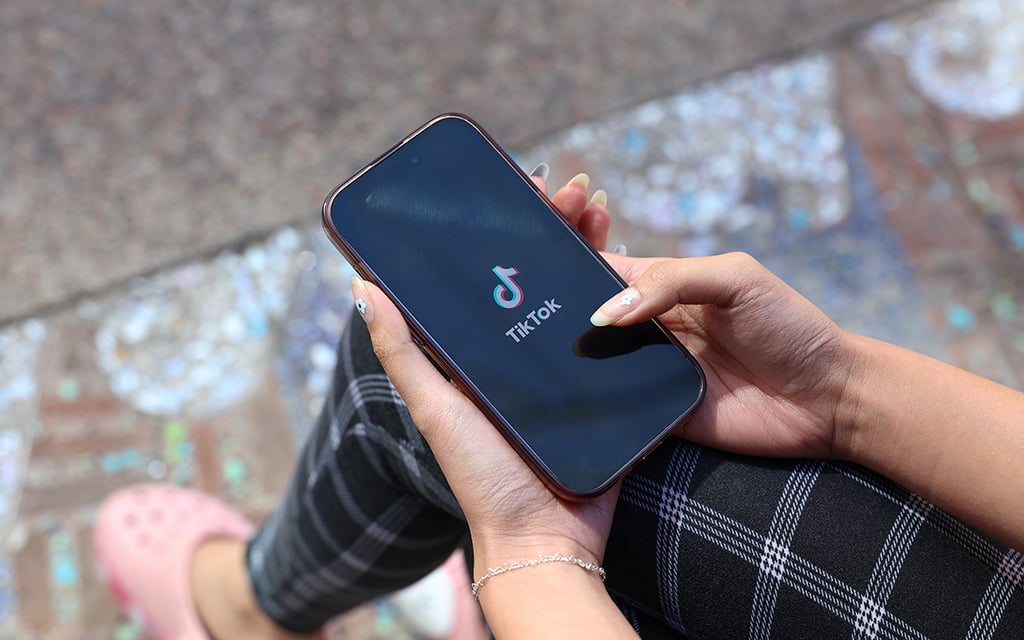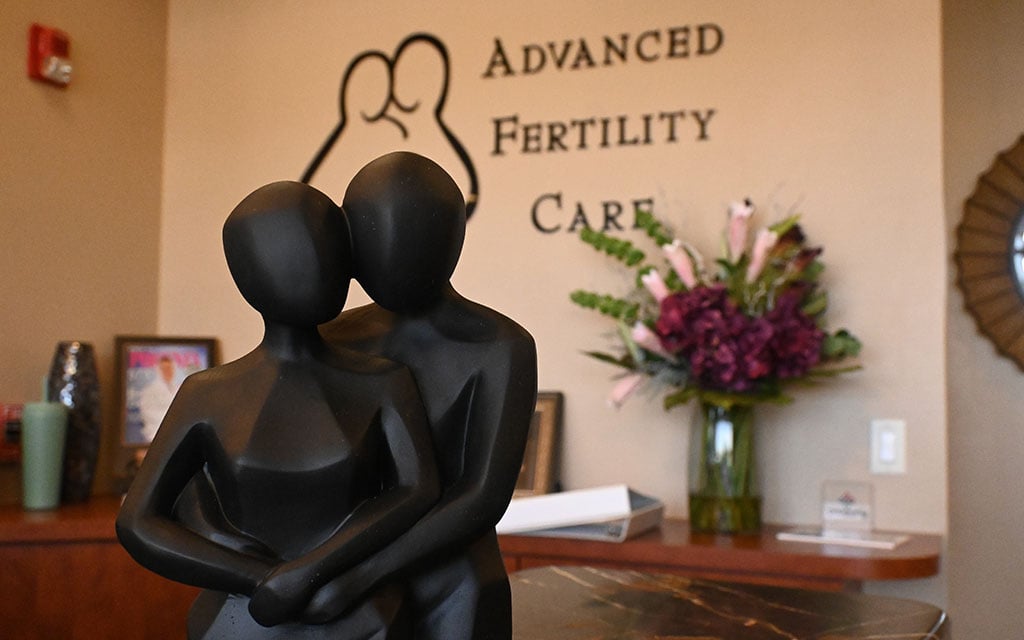Endorsements from Parkland survivors group elevates gun debate in Arizona races that pit Democrats against NRA-backed Republicans
WASHINGTON – March For Our Lives, the group formed by survivors of the 2018 Parkland, Florida, school shooting, has endorsed two Arizona Democrats against NRA backed Republicans.
Navajos will press U.S. House to revive aid for victims of bomb fallout and uranium mines
WASHINGTON – The Navajo Nation is planning a protest at the U.S. Capitol to pressure House Republicans to revive a program for victims of radiation exposure. The program has compensated tens of thousands of bomb test downwinders and uranium miners.
Arizona’s 15-week abortion ban: What it means for pregnant women and how it compares to other states
WASHINGTON — Arizona bans abortion at 15 weeks. That’s later than some states and earlier than others. See how the regulations compare and what is happening during pregnancy at each stage.
Grass is greener? NFL’s field surface dilemma still a concern as 2024 season kicks off
PHOENIX – Despite a concerning increase in injuries on synthetic turf field surfaces in 2023, the NFL has not implemented any changes as the 2024 season starts Thursday.
Proposition 139: What the Arizona ballot initiative would mean for abortion access
WASHINGTON – The Proposition 139 ballot initiative would guarantee a right to abortion in Arizona, extending the limit from 15 weeks to about 24 weeks.
Photo essay: ASU senior builds community in the Valley through Phoenix Babes Who Walk club
TEMPE – ASU senior Grace Juliet is the brand manager of Phoenix Babes Who Walk, a club in the Valley that hosts walks meant to make friends and give people a sense of community.
Gene therapy provides hope for those with Duchenne muscular dystrophy – but not without concerns
PHOENIX – The FDA recently expanded approval for Elevidys, a gene therapy for Duchenne muscular dystrophy that’s offered at Phoenix Children’s Hospital. We talked with experts and patients about the hopes and risks.
Tucson, aiming to trim electric bills and hit carbon neutral by 2045 to fight climate change, will explore creating a public utility
WASHINGTON – A feasibility study in Tucson will explore the creation of a public power utility as the city seeks to cut electric bills and be carbon neutral by 2045. The current contract with Tucson Electric Power expires in 2026, and the city wants to ensure utility practices align with its environmental goals.
Life-saving method: Medevac helicopters start carrying blood, but what about ambulances?
PHOENIX – Blood in ambulances is proven to save more lives because patients are able to get transfusions faster. Other states are beginning to carry blood in ambulances, but Arizona hasn’t implemented this yet, at least not on the ground.
Kids Online Safety Act could pass the Senate soon amid calls to protect minors online
WASHINGTON – The Kids Online Safety Act aims to protect minors on social media. The U.S. Surgeon General is among many advocates who want to tackle the youth mental health crisis. But, some opponents worry about censorship.
‘Commodification of life:’ Some religious leaders oppose IVF, causing tension among churchgoers struggling with infertility
PHOENIX – Reproductive technologies have increasingly been scrutinized by religious leaders, causing tension among churchgoers struggling with infertility.
Arizona poised to provide MDMA therapy to first responders with PTSD if the FDA approves the psychedelic
WASHINGTON – Arizona may allow PTSD therapy using ecstasy or molly under workers' comp. FDA approval pending, advocates hope for faster access to this promising treatment.
